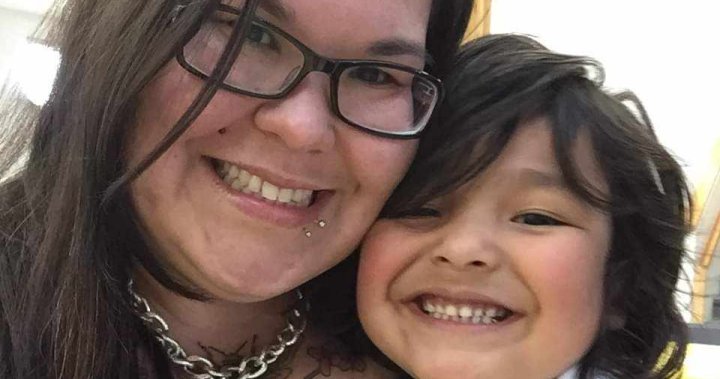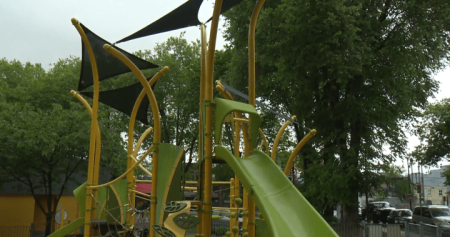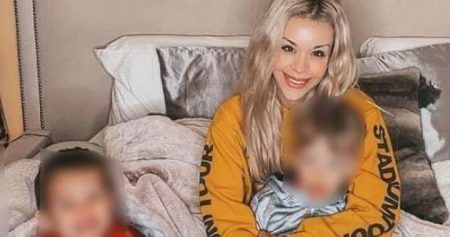Lyndsay Amato, a mother from Regina, proudly wears her braids in solidarity with the #BraidsforCole movement, which was initiated following the tragic death of actor Cole Brings Plenty, whose braids were cut off before he was found dead in Kansas. Amato, who hails from the Carcross/Tagish First Nation in the Yukon territory, also encourages her 13-year-old son to wear his hair in braids, despite a traumatic incident in his past where his hair was cut by another child. She emphasizes the significance of hair in Indigenous culture, stating that it is an integral part of their identity and connection to their heritage.
Upon learning about the death of Cole Brings Plenty and the desecration of his braids, Amato was deeply affected, feeling a personal connection to the story due to her own son’s experience. The #BraidsforCole movement aims to honor Brings Plenty’s memory and reclaim Indigenous cultural practices by encouraging people to wear their hair in braids as a sign of solidarity. The tragic incident serves as a reminder of the historical trauma endured by Indigenous communities, including the forced removal of braids from Indigenous men as a means of assimilation.
In response to the growing support for the #BraidsforCole movement, Saskatchewan First Nations and Métis relations critic Betty Nippi-Albright addressed the significance of hair in Indigenous culture in the legislative assembly. She highlighted the sacred nature of braids, emphasizing their role in connecting individuals to the Creator, their ancestors, and their cultural heritage. Nippi-Albright acknowledged the symbolic gesture of wearing braids in memory of Cole Brings Plenty and countless other Indigenous men who have had their braids taken from them throughout history.
Amato encourages individuals, both Indigenous and non-Indigenous, to continue wearing their hair in braids as a tribute to Brings Plenty and as a gesture of support for her son and others who have experienced similar traumatic incidents. She stresses the importance of reclaiming cultural traditions and expressing grief in a way that honors the memory of those who have been lost. The act of wearing braids as a form of remembrance and cultural preservation serves as a powerful statement of resilience and unity within Indigenous communities.
The #BraidsforCole movement has sparked a wave of social media posts and public displays of support, with individuals across different communities showing solidarity by wearing their hair in braids. The movement not only seeks to bring attention to the tragic loss of Cole Brings Plenty but also to raise awareness about the importance of preserving Indigenous cultural practices and traditions. Through this act of solidarity, participants are sending a clear message of respect for Indigenous heritage and a commitment to standing against cultural erasure and violence.
As a single mother raising her son in Regina, Amato’s decision to participate in the #BraidsforCole movement reflects her dedication to instilling a sense of pride and resilience in her child. By wearing her braids in solidarity with her son and others affected by similar incidents, she is advocating for cultural reclamation and unity within Indigenous communities. The movement continues to gain momentum as more individuals join in honoring the memory of Cole Brings Plenty and acknowledging the enduring significance of braids as a symbol of identity, connection, and resilience among Indigenous peoples.















